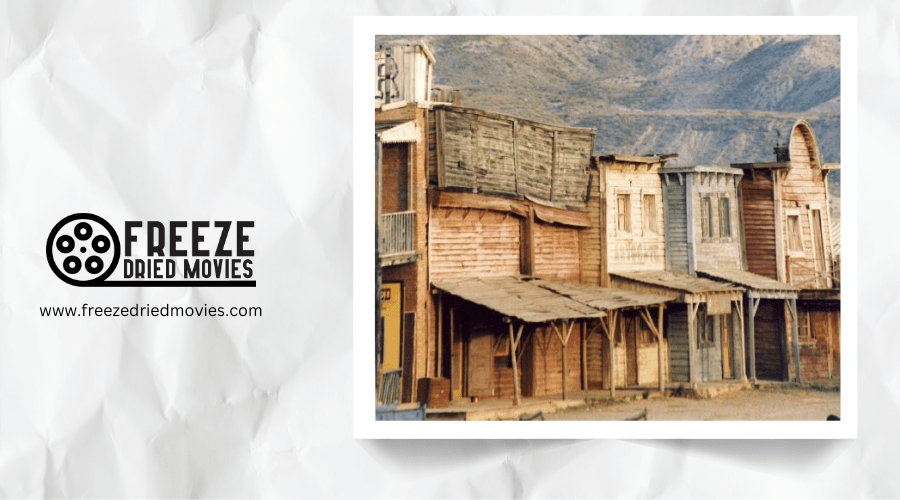Anti-Heroes of the West: Your Favorite Spaghetti Western Characters
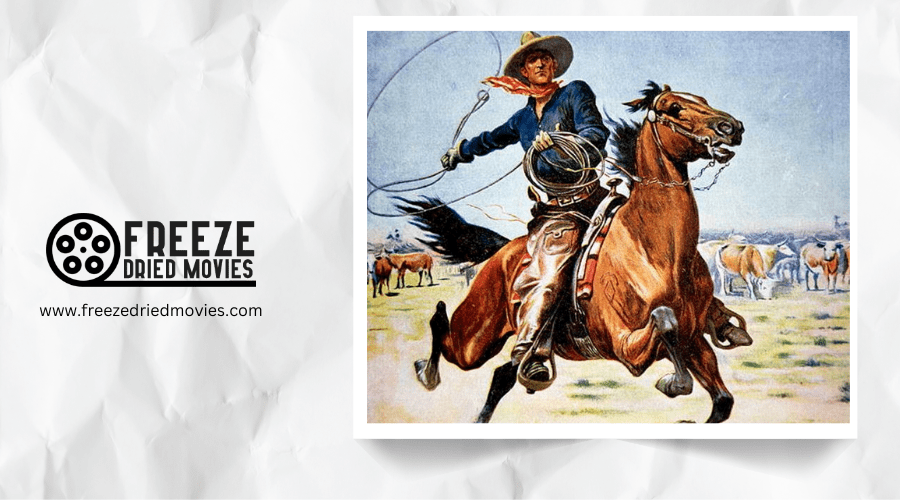
In the sun-scorched landscapes of Spaghetti Westerns, you'll find heroes unlike any others—if you can call them heroes at all. These gun-slinging anti-heroes don't tip their hats or save damsels; they kill without remorse and chase gold rather than glory. You've seen Eastwood's squint, heard Django's coffin drag across the dirt, and witnessed Sartana's ghostly appearance just before bullets fly. But what makes these morally ambiguous gunslingers so alluring, mesmerizing, or compelling decades later? The answer lies beyond the quick-draw.
The Man With No Name: Clint Eastwood's Revolutionary Anti-Hero
When Clint Eastwood first appeared on screen as the enigmatic gunslinger in Sergio Leone's "A Fistful of Dollars," audiences witnessed the birth of a revolutionary character that would forever change Western cinema.
You'll notice how Eastwood's Man With No Name defied traditional Western heroes with his moral ambiguity. He's not your white-hat cowboy—he's a taciturn survivalist who'll do whatever necessary to come out on top.
What makes this Spaghetti Western icon so compelling is his deliberate lack of backstory. With no name and no history, you're left to judge him solely by his actions. This mysterious anti-hero, with his squinted eyes and ever-present cigar, didn't just define a genre—he transformed how filmmakers approach character complexity in cinema.
His role as the Man With No Name was just one part of the groundbreaking Spaghetti Western trilogy that revolutionized the Western genre with minimal dialogue and maximum impact.
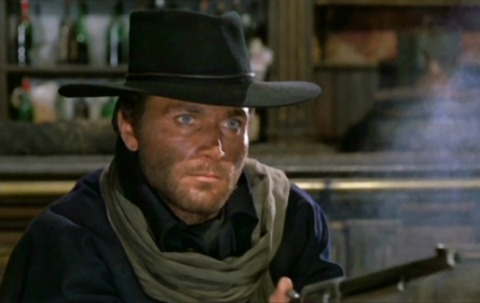
Django's Deadly Coffin: The Legacy of Franco Nero
While Eastwood's nameless gunslinger redefined the Western anti-hero, another iconic figure emerged from the dust of Spaghetti Western landscapes: Franco Nero's Django.
You'll recognize Django by his tattered Union overcoat, scarf, and fingerless gloves as he drags a mysterious coffin across the West. This enigmatic character's weapon of choice—a Gatling gun concealed inside that coffin—became his deadly signature, shocking viewers and enemies alike.
Unlike the Dollars trilogy protagonist, Nero's Django delivered a colder, more emotionless performance while still displaying exceptional marksmanship and unflinching violence. His stoic demeanor and unpredictability created a character archetype that inspired countless sequels and remakes.
Django's enduring legacy proves his cultural impact extends far beyond the original film, solidifying his place as one of the Spaghetti Western genre's most influential characters.
While Django represented one archetype of the stoic gunslinger, Charles Bronson brought similar intensity but greater moral complexity to his Western roles, particularly in films like Once Upon a Time in the West.
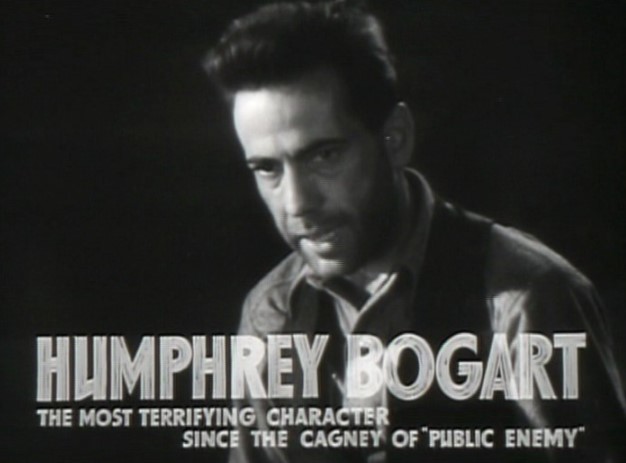
Sartana: The Ghostly Gunfighter Who Delivered Justice
Among the shadowy figures that stand out in Spaghetti Western lore, Sartana looms as a spectral presence bringing justice to the lawless frontier. You might recognize him as the enigmatic drifter whose gambling skills invariably lead to fatal showdowns.
What makes this Spaghetti Western character so compelling is the mystery surrounding his true nature. Is he an insurance agent? A vengeful ghost? The ambiguity fuels his anti-hero appeal. When you watch a Sartana film, you're witnessing Gianni Garko's masterful portrayal of a vigilante who executes judgment on sinners.
Unlike many Western film protagonists, Sartana blurs the line between the living and dead, creating an unpredictable narrative that keeps you guessing. His ghostly persona epitomizes the genre's willingness to bend traditional Western conventions. Much like Humphrey Bogart's Sam Spade character in The Maltese Falcon, Sartana navigates a world of complex characters and betrayal.
The Silent Avengers: Characters Who Let Their Guns Do The Talking
Several iconic Spaghetti Western anti-heroes carved their legends not through flowery speeches but through the thunderous report of their firearms. You'll recognize these silent avengers by their deadly precision and unpredictable nature. Clint Eastwood's "Man With No Name" in A Fistful of Dollars communicated primarily through squinted eyes and smoking gun barrels.
These characters draw you in through their mysterious backgrounds and cold demeanors. The Great Silence featured a mute protagonist whose actions spoke volumes, while Frank Talby's methodical violence revealed more about his character than dialogue ever could.
Django's coffin and Sartana's ghostly appearance create visual signatures as powerful as any monologue. Their survival instincts and brutal efficiency make them unforgettable figures in a hostile frontier landscape.
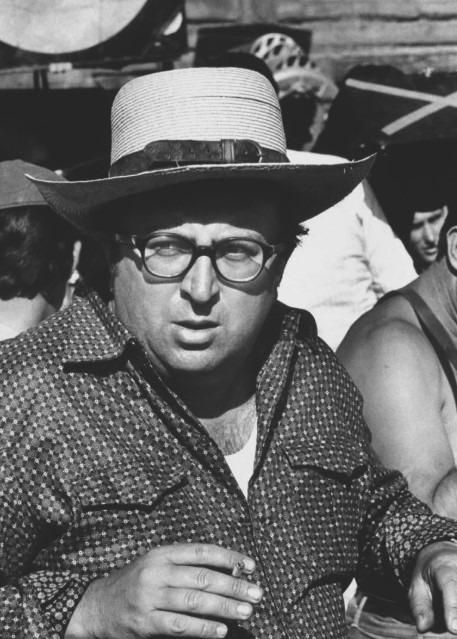
Leone's Vision: How Spaghetti Westerns Redefined Heroism
When Sergio Leone introduced his gritty vision to Western cinema, he forever transformed our understanding of heroism. Unlike traditional American Westerns with clear moral boundaries, you'll find Leone's characters inhabit a world of moral ambiguity where survival trumps virtue.
His anti-heroes, most famously Clint Eastwood's "Man with No Name," operate by their own codes—pragmatic, self-interested, and distinctly removed from conventional heroic ideals. Through masterpieces like "The Good, the Bad and the Ugly," Leone questioned what heroism truly meant in the harsh reality of the Old West.
Spaghetti Westerns also gave voice to marginalized perspectives, challenging the romanticized American frontier narrative. This revolutionary approach to character development continues to influence filmmakers today, proving that Leone's vision wasn't just about reinventing a genre—it redefined cinematic storytelling itself.
Beyond Good and Evil: Moral Ambiguity in Western Protagonists
Unlike traditional Western heroes who championed justice with moral clarity, the protagonists of Spaghetti Westerns exist in shadowy ethical territory that you'll find both unsettling and compelling.
When you watch figures like Django or The Man with No Name, you're witnessing anti-heroes whose brutal violence serves personal vengeance rather than righteous justice. You'll notice how characters like William Munny transform from mentors into the ruthless outlaws they once were, blurring the line between teacher and villain.
This moral ambiguity isn't accidental—it's central to the Spaghetti Western's appeal. You're meant to question who deserves your sympathy as protagonists navigate harsh landscapes where survival often trumps virtue. These complex characters, neither wholly good nor evil, reflect the genre's revolutionary approach to storytelling that continues to influence cinema today.
The Enduring Influence: How Spaghetti Western Anti-Heroes Shaped Modern Cinema
The revolutionary anti-heroes of Spaghetti Westerns didn't fade with the frontier dust—they've fundamentally reshaped the DNA of modern cinema. From Leone's Dollars trilogy to what many consider the best Western ever made, Once Upon a Time in the West, these morally ambiguous gunslingers redefined protagonists across genres.
You'll see their influence everywhere:
- Character Evolution - Modern crime dramas and superhero films borrow heavily from Leone's gritty, survivalist protagonists, embracing moral complexity over black-and-white heroism
- Visual Storytelling - The iconic imagery of Django's coffin and the Man with No Name's squint persist in contemporary filmmaking
- Thematic Depth - Today's filmmakers continue exploring the rich themes of progress versus tradition that made these characters so compelling
Their cultural impact endures through countless remakes and homages, proving these dusty anti-heroes are far from irrelevant.



